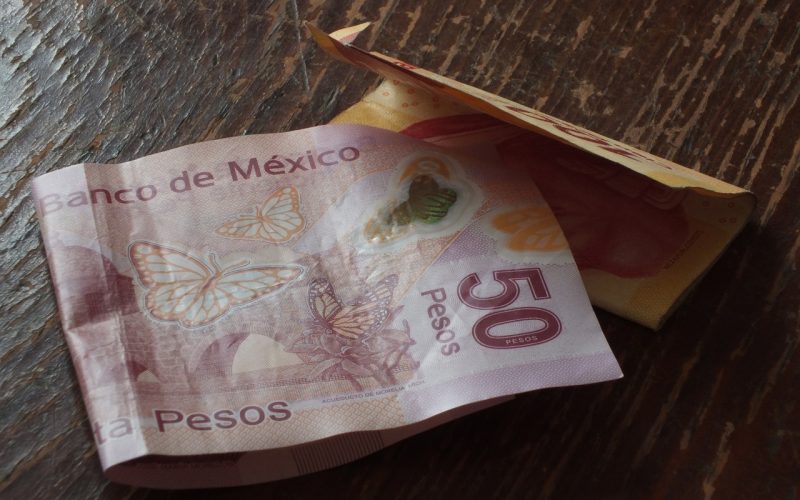Introduction: The Prestige and the Mask
Ivy League universities have had a reputation for being great schools for a long time, where future leaders are born. These universities are very famous and have the best professors and lots of great stuff for studying. However, below the gleaming facade of triumph, a concerning fact hides—the ethical emptiness in Ivy League America.
The Pressure Cooker: Academic Competition and Ethical Compromises
Ivy League America’s moral bankruptcy is strongly influenced by the intense academic competition that exists within these renowned institutions. From an early age, students are conditioned to prioritize grades, test scores, and extracurricular achievements above all else. Unfortunately, this means that cheating, copying, and being dishonest in school happen a lot more than they should.

Elitism and Entitlement: The Vanishing Act of Humility and Empathy
The idea of receiving an Ivy League education is often associated with being privileged and feeling entitled. This has led to a situation where these institutions promote elitism and do not prioritize being humble and caring. Students often prioritize personal success and societal validation over the development of their moral character. The obsession with prestige and the pursuit of material gain contribute to the erosion of ethical principles.
Diversity Dilemma: Tokenism vs. Genuine Inclusion
Although Ivy League institutions claim to value diversity, they often fail to truly include everyone. Admissions processes that prioritize socioeconomic status or superficial diversity metrics perpetuate a system of tokenism. The shift is observed from cultivating genuine inclusion to preserving a facade of diversity. Approaching it like this makes these institutions less virtuous and doesn’t tackle the fundamental problems.
Nurturing a New Paradigm: Making Ivy League Colleges Honest Again
To address the moral bankruptcy of Ivy League America, a paradigm shift is necessary. The focus should move beyond academic achievement and social standing to prioritize integrity, character development, and ethical leadership. Ivy League institutions must foster a culture that encourages collaboration, empathy, and a commitment to social responsibility. By reassessing the things that are important to them and the way they do things, these institutions can find their moral compass once more and bring back trust in education.
Conclusion
The moral bankruptcy of Ivy League America is a deeply concerning issue that demands attention. The really hard school competition, when only the best of the best are valued, and not enough effort is made to include different types of people, have caused ethical values to get weaker in these respected schools. We can still make a difference and stop this from happening. Ivy League universities can change how they are seen as symbols of moral excellence and regain trust in the transformative power of education by recognizing the problem, starting important improvements, and concentrating on core principles. Now is the moment to reveal the truth and motivate transformation for a more hopeful tomorrow.











